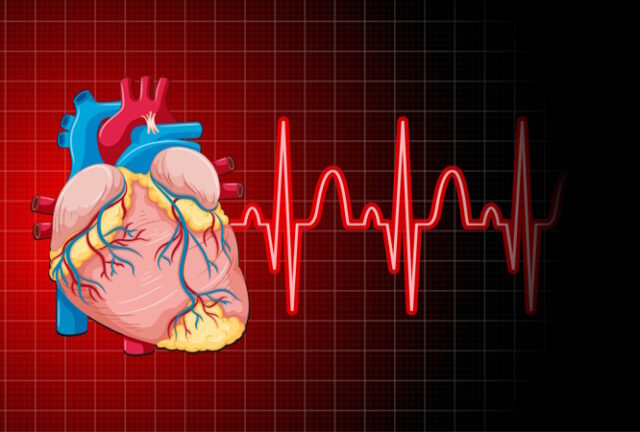
Coronary artery disease is the most common type of heart disease, diagnosed in more than 20 million people and responsible for more than 350,000 deaths in the U.S, according to the Centers for Disease Control and Prevention.
Dr. Regis Fernandes, a Mayo Clinic cardiologist, explains the signs of coronary artery disease and how to reduce your risk.
When cholesterol builds up in the arteries that supply blood to the heart — hardening and narrowing the path — it’s known as coronary artery disease. The most common symptom is chest discomfort.
“It lasts a few minutes, or several minutes, and is felt by patients. They describe that discomfort as a pressure,” says Dr. Fernandes.
Chronic discomfort that comes from decreased blood flow is called angina and is typically felt when a person exerts themselves. If the pain is new or gets worse, seek medical help right away. Over time, coronary artery disease can weaken the heart muscle and lead to heart failure.
How can you reduce your risk of coronary artery disease?
“Eating properly, exercising, having good health habits,” says Dr. Fernandes.
Genetics also can be a risk factor for coronary artery disease.
“It’s important to know your cholesterol levels, particularly in individuals that have a strong family history of heart disease,” says Dr. Fernandes. “Even though they are healthy, and they are practicing healthy habits because it can also come in a genetic form.”
Related:
- Mayo Clinic Minute: What is atrial fibrillation?
- Mayo Clinic Minute: Strategies to break the heart disease and diabetes link
- Mayo Clinic Minute: Recognizing ‘holiday heart’
The post Mayo Clinic Minute: Signs of coronary artery disease, how to reduce your risk appeared first on Mayo Clinic News Network.
This article originally appeared here and was republished with permission.












